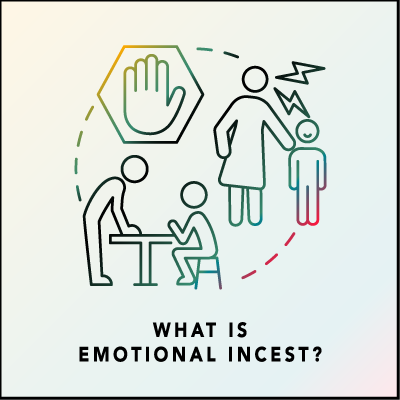The good, the bad, and the ugly – what you need to know about prescription medications
Living in the 21st century we are used to the many prescription medications that have afforded us drugs for among many things like maintenance and a cure. Without prescription medications, many people would be dying from the disease. Other prescription drugs make a smaller impact by alleviating daily ailments like the flu or a cough.
There are many benefits of prescription drugs, but they also have a dark side, which aids in societies suffering. Our society suffers from a serious misuse and dependency on prescription drugs.
What are the benefits and drawbacks of prescription drugs?
The benefits? Prescription drugs are used to stimulate and mimic a well-functioning body, and as a result, many people live a higher quality of life and without them, the risk might be as lethal as death. Prescription drugs provide solutions for life-threatening conditions like high blood pressure, high cholesterol, and some types of cancer.
Not all drugs are used to treat serious illnesses. Some treat small ailments from time to time with remarkable success. Antibiotics for infections, flu medication, and prescription cough medicine are used only while the patient is sick. Some prescription drugs cure the ailment; some make it easier to live with so that the patient can endure the sickness. Prescription drugs make life easier when dealing with a short-term illness.
The drawbacks? Some people use prescription medications that are intended for others, for longer than intended, which is unsafe and ill-advised. Narcotic drugs prescribed for pain and insomnia are especially addictive. Dosages, length of time on the drug, and the type of drug are all contributors to whether someone becomes addicted or not.
Prescription drugs are subject to misuse. Once the prescription has been written and filled, it’s out of the doctor’s hands. Teens and adults take prescription drugs that were not intended for them in an effort to feel some of the side effects. Having these drugs in the home means easy access for pill-sharing among friends. This can cause severe injury and even death from misuse or overdose.
There is a time and a place for prescription drugs. When taken properly, they can enhance the quality of life and make ailments easier to deal with. Misusing prescription drugs, however, is a severe problem in our society. The is an accepted general attitude that if a doctor prescribes the medication, it must be safe for anyone to ingest it. Prescription drug usage should be carefully monitored by health care providers, and when in the home should be secured without easy access.
If you or your loved one has or has had an issue with the misuse of prescription drugs, you are not alone. Many times, individuals who struggle with addiction lose sight of the importance of their life; rediscovering you’re meaning and purpose in life is essential for your adventure back into the world of a healthy lifestyle. Contact Rachel Graham to hear her story and how she turned her tragedy into triumph.
The good, the bad, and the ugly – what you need to know about prescription medications Read More »


